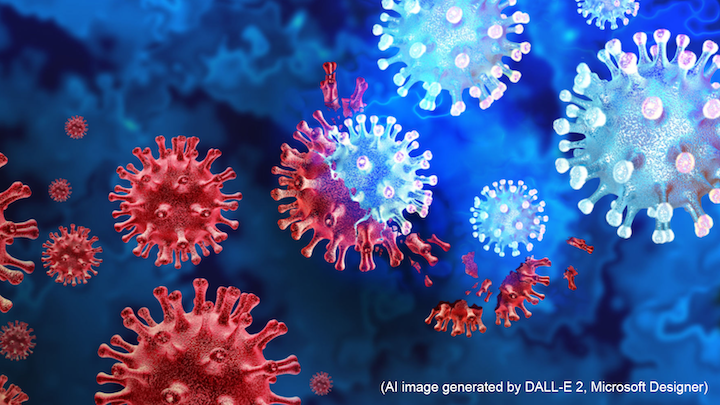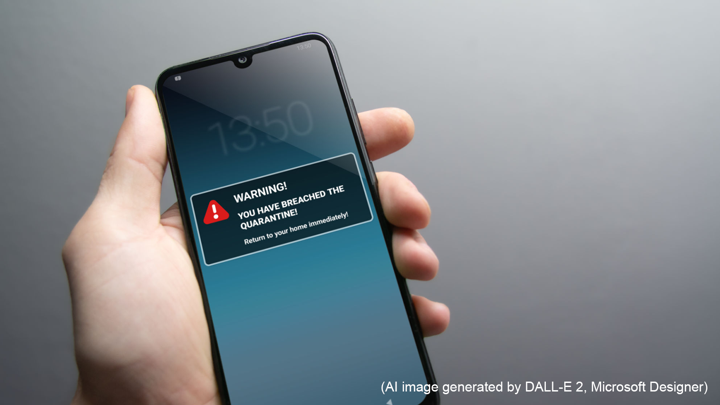#0049 Psychosocial impact of COVID-19 for general workers

Impact of COVID-19 on Occupational Health
The COVID-19 pandemic has affected every individual in one way or another. A recent study published in the Journal of Occupational Health discusses the impact of previous coronavirus outbreaks and the current COVID-19 pandemic on healthcare workers. In their study, the authors have focused on the impact of COVID-19 on occupational groups like healthcare workers, which are the highest risk of contracting the virus. We have reviewed the opinion article and, in a Letter to the Editor, offer our insights on the psychosocial impact of COVID-19 on general workers.
Most countries, including Japan, have declared emergency situations during the pandemic. Only essential services with limited staff have been allowed to operate in most countries. Individuals working under such conditions are at a higher risk of being infected. Moreover, these individuals are overworked and putting in longer work hours. The combination of these factors has led to an extremely stressful environment for the workers.
Most countries have enforced strict lockdowns that include closure of businesses. According to the International Labor Organization, approximately 25 million jobs will be lost globally owing to the pandemic. A study conducted during the 2002 SARS outbreak showed that people who were economically affected by the outbreak had markedly higher depression levels. The current crisis may lead to a similar condition.
Since the WHO declared the pandemic, most businesses have switched to the work-from-home model. This, coupled with the lockdowns, has led to a situation where many people are working isolated at home.
A study conducted during the 2002 SARS outbreak showed that people isolated at home had higher depression levels. On the other hand, people who have family responsibilities in addition to working from home are feeling overwhelmed as they are unable to compartmentalize the two, making it difficult to maintain a work-life balance. Moreover, people in occupational groups who need to go to a business-place to earn a living are stressed as they are at a higher risk of contracting the virus.
Policy makers around the world should consider these factors when formulating interventions for occupational health of general workers. We recommend a multi-pronged approach to tackling mental health issues by addressing psychosocial, physiological, and social aspects of workers’ lives.
Link to the original journal article:
https://onlinelibrary.wiley.com/doi/10.1002/1348-9585.12132
Title of the paper:
Psychosocial impact of COVID-19 for general workers
Authors:
Akihito Shimazu, Akinori Nakata, Tomohisa Nagata, Yutaka Arakawa, Sachiko Kuroda, Nobuyuki Inamizu, and Isamu Yamamoto




